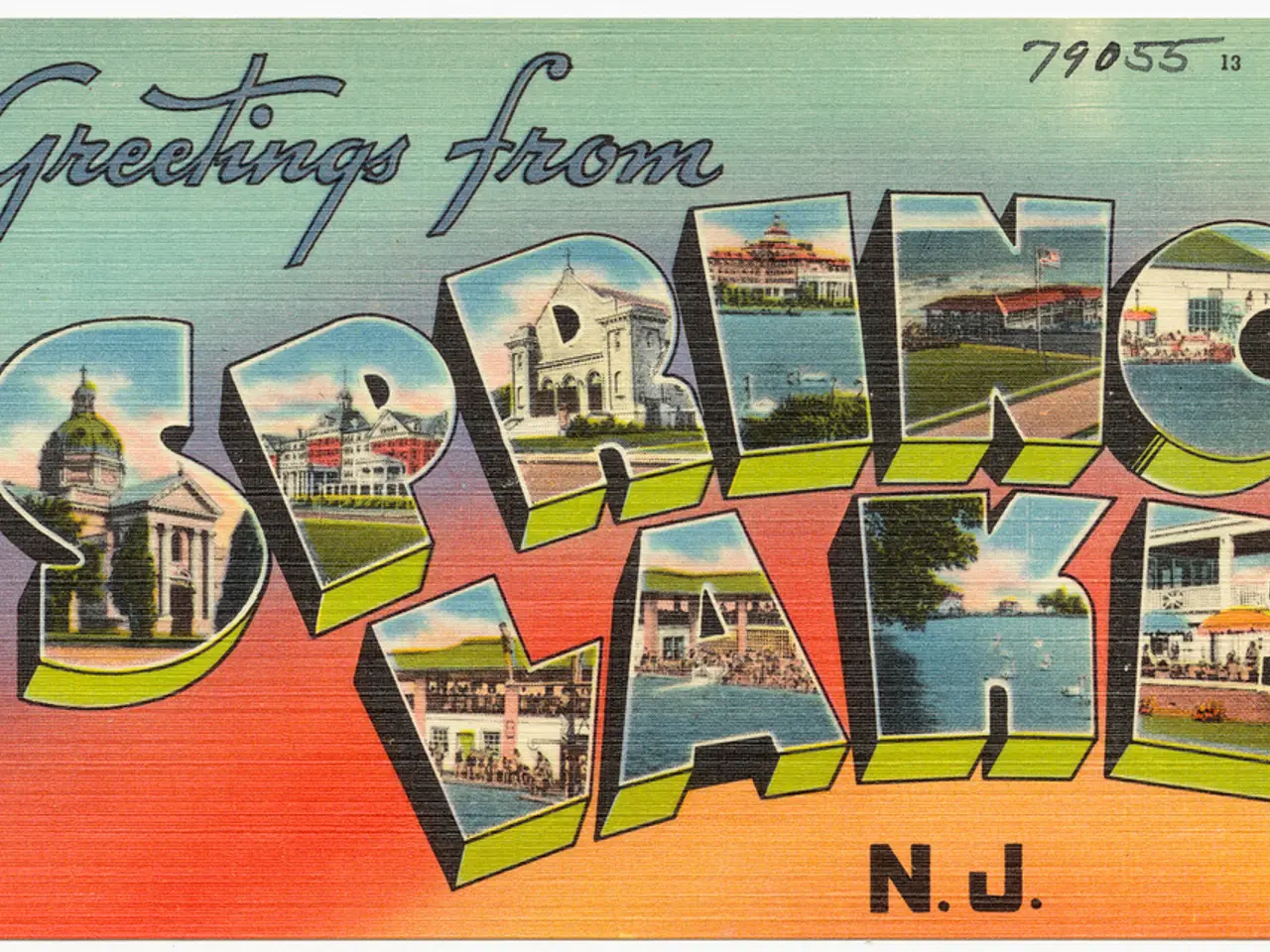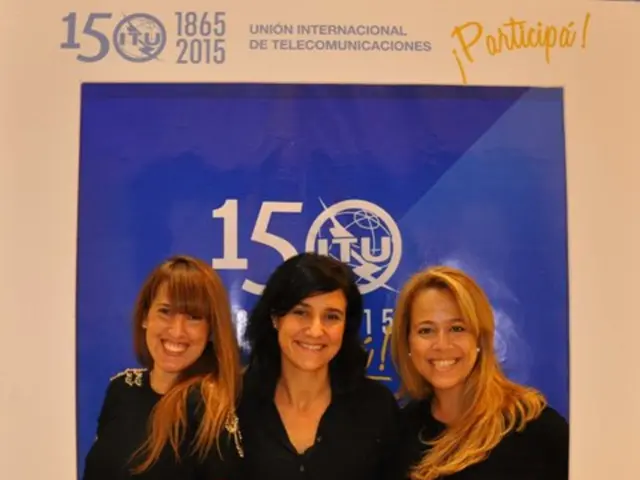Virginia Authority Consents to Implementing Rainwater Regulation Measures
The Virginia Department of Transportation (VDOT) has agreed to enhance its stormwater management practices, following an agreement with the U.S. Environmental Protection Agency (EPA) in 2015. This commitment involves implementing stricter stormwater management practices under Virginia’s Municipal Separate Storm Sewer System (MS4) permit requirements.
In October 2012, the VDOT was found to have violated Virginia’s NPDES General Permit for Discharges of Stormwater from Construction Activities during a statewide inspection led by the EPA Mid-Atlantic Water Protection Division’s National Pollutant Discharge Elimination System (NPDES) Enforcement Branch. The inspection, which covered seven counties within one week, revealed that the VDOT did not consistently maintain required erosion and sediment controls at its construction sites or record all required inspections of the sites. As a result, the VDOT will pay a civil penalty of $36,000 and address the Clean Water Act violations observed during the inspection.
To rectify these issues, the VDOT has committed to updating its Stormwater Pollution Prevention Plans (SWPPPs) to reflect changes in design, construction, operation, or maintenance that impact stormwater discharges. The updated SWPPPs will aim to meet both state and federal water quality standards. The VDOT will also incorporate new requirements from the VPDES and MS4 permit cycles every five years to ensure continued compliance and effectiveness of pollution controls.
In addition, the VDOT will implement best management practices (BMPs) aimed at controlling pollutant discharges to surface waters, including monitoring programs to verify BMP effectiveness, as required under related Total Maximum Daily Load (TMDL) action plans involving VDOT and other local permit holders. The VDOT will also focus on programmatic enhancements to reduce pollutants such as pet waste, trash, oils, and fertilizers from stormwater runoff, demonstrating a broader commitment to protecting water quality in streams, rivers, and bays influenced by transportation infrastructure.
As part of this commitment, the VDOT will also implement environmentally beneficial projects totaling $600,000. These projects include the renovation of a park-and-ride lot with permeable material and land conservation.
While the exact terms of the 2015 VDOT-EPA agreement may not be fully detailed in a single document, it is clear that since 2015, VDOT has been aligning its stormwater management programs with EPA requirements through MS4 permits, Stormwater Pollution Prevention Plan updates, adherence to TMDL action plans, and ongoing improvements in erosion and sediment control practices.
[1] Virginia Department of Environmental Quality. (n.d.). Virginia Pollutant Discharge Elimination System (VPDES) Construction General Permit. Retrieved from https://www.deq.virginia.gov/Programs/Water/NPDES/Construction/ConstructionGeneralPermit.aspx
[2] Virginia Department of Environmental Quality. (n.d.). Total Maximum Daily Load (TMDL) Program. Retrieved from https://www.deq.virginia.gov/Programs/Water/TMDL.aspx
[3] Virginia Department of Transportation. (n.d.). Stormwater Management. Retrieved from https://www.virginiadot.org/info/about-VDOT/environment/stormwater-management.asp
- The enhancement of stormwater management practices by the Virginia Department of Transportation (VDOT) includes implementing stricter practices to meet both state and federal water quality standards, as outlined under Virginia’s Municipal Separate Storm Sewer System (MS4) permit requirements.
- In October 2012, the VDOT was penalized $36,000 for violating Virginia’s NPDES General Permit for Discharges of Stormwater from Construction Activities, which led to the need to update Stormwater Pollution Prevention Plans (SWPPPs) and implement best management practices (BMPs) to control pollutant discharges to surface waters.
- The VDOT's updated SWPPPs and BMPs will address pollution controls, aiming to reflect design, construction, operation, or maintenance changes that impact stormwater discharges and align with EPA requirements.
- The VDOT will also implement environmentally beneficial projects worth $600,000, including the renovation of a park-and-ride lot with permeable material and land conservation, as part of its commitment to protecting water quality.
- The VDOT's ongoing improvements in erosion and sediment control practices, adherence to Total Maximum Daily Load (TMDL) action plans and updating SWPPPs every five years demonstrate a broader commitment to environmental-science focused on climate-change, industry, finance, and energy aspects related to the business and science of clean water and pollution control.
- To verify the effectiveness of BMPs, the VDOT will conduct monitoring programs and cooperate with related remedial measures, as required under related Total Maximum Daily Load (TMDL) action plans involving VDOT and other local permit holders. [Sources: 1, 2, 3]




